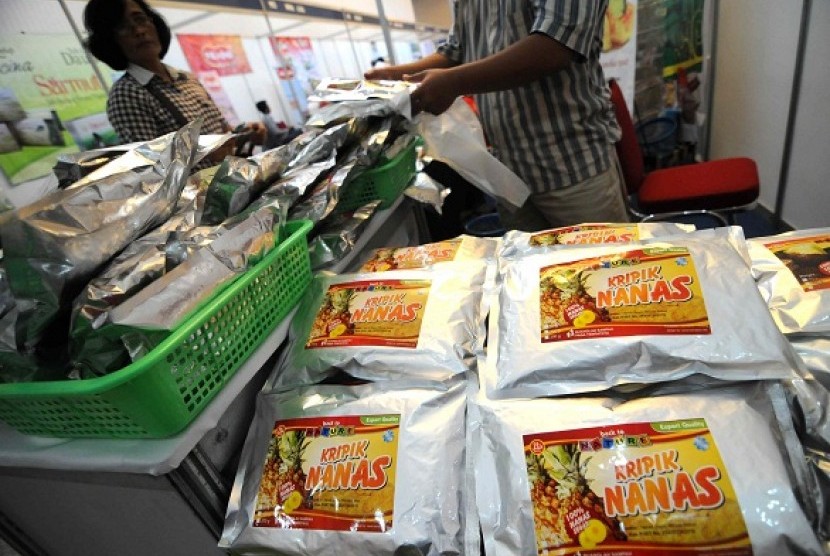REPUBLIKA.CO.ID, JAKARTA - Indonesia`s food and beverage industry is ranked 50th in a global survey, much below those of Malaysia, Brunei Darussalam and Thailand, because of high logistics costs and a long distribution chain, according to a food industrialist.
"The Indonesian food and beverage industry ranks 50th in competitiveness on the list, much below its main competitors such as Malaysia (25th), Brunei Darussalam (28th) and Thailand (38th)," said Adhi S Lukman, the Chairman of Food and Beverage Industry Association (BPMMI), here on Monday.
"Due to the distribution chain, it takes a long time for the product to reach its destination. That also automatically increases the logistics costs," he noted. As a result, Adhi added, the food and beverage products' costs rose by 15 percent and their competitiveness diminished.
"In South East Asian nations, the average annual increase in the food and beverage products is only about 7 percent, even in Japan it is only 5 percent," he pointed out. Adhi stated that the food and beverage industry's trade deficit had been widening because of the industry's reduced competitiveness.
"Last year, the trade deficit in this sector reached 908 million IDR. According to GAPMMI data, the industry's trade deficit, up to May 2012, reached 170 million IDR, lower than the 360 IDR million recorded during the same period last year," he noted.
Last week, Adhi said Indonesia needed to have adequate number of food standardization laboratories in order for the food and beverage industry to improve the quality of its products.
In striving to meet the 2015 ASEAN Economic Community (AEC) targets, he added, Indonesia continued to face a shortage of food standardization laboratories necessary for the successful implementation of the AEC's food standardization plan. "We still have a lot to do, including having more food standardization laboratories that are accredited at the ASEAN level," Adhi stated.


